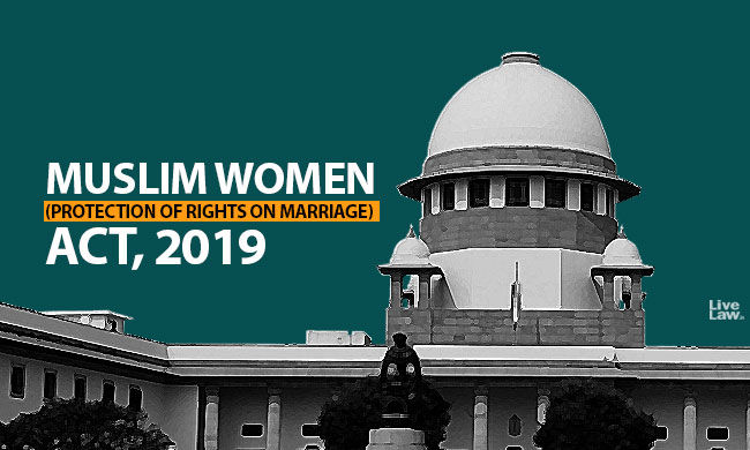Supreme Court To Hear Batch Of Petitions Challenging Triple Talaq Law In November 2023
Sheryl Sebastian
24 April 2023 1:19 PM IST

Next Story
24 April 2023 1:19 PM IST
The Supreme Court on Monday said it will hear the petitions challenging the constitutional validity of the Muslim Women (Protection of Rights on Marriage) Act, 2019 in November 2023.When the matter came up before the Division Bench of Justice Sanjiv Khanna and Justice M.M. Sundresh today, the petitioners requested one matter to be treated as the lead matter in which all pleadings could...
